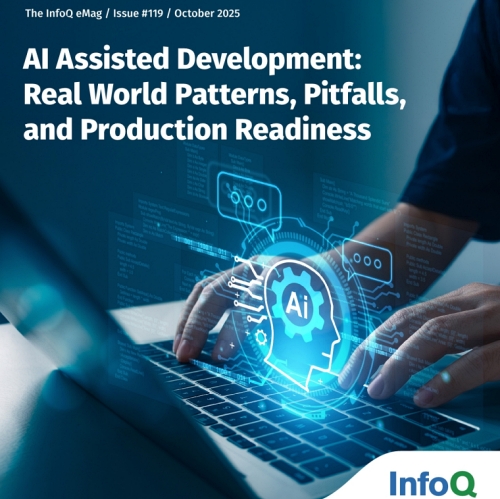Detecting Anomalies in Machine Learning Infrastructure via Hardware Telemetry
NeutralArtificial Intelligence
A recent study highlights the challenges in modern machine learning infrastructure, particularly regarding the lack of visibility into user workloads on cloud platforms. As machine learning becomes more integrated with hardware and software, understanding these workloads is crucial for optimizing resources. This research is important as it addresses the need for better monitoring tools that can enhance performance and efficiency in machine learning applications.
— Curated by the World Pulse Now AI Editorial System




